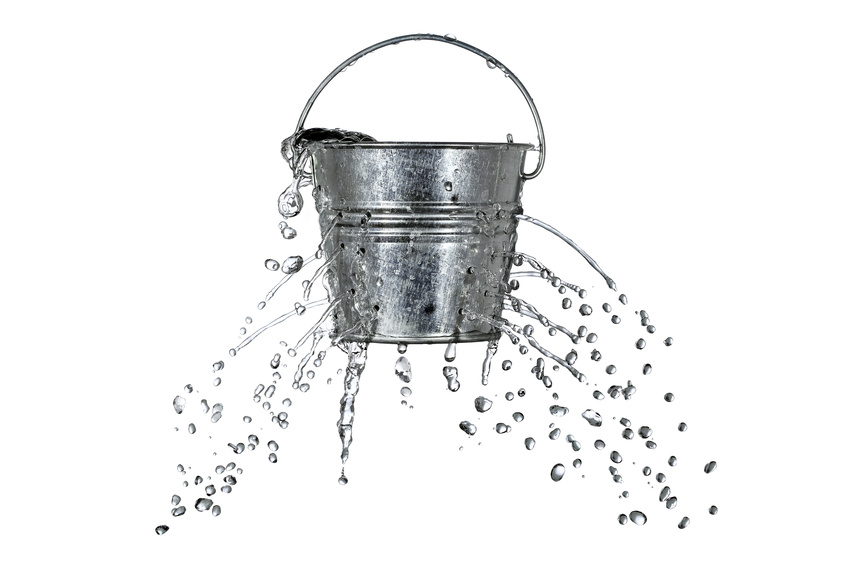This post was originally published on Parenting ADHD & Autism on May 23rd, 2016.
The Conversation
PARENT: “My child is awful by the time he gets home! He plays video games and refuses to do anything else, screams at me, or abuses his sister until she cries.”
TEACHER: “He is an absolute angel at school! He does his work and is very well-behaved. I have no idea why he is like that at home.”
The Thoughts Behind the Conversation
PARENT: “What am I doing wrong?” OR “What are you doing to my child?” OR “My child must hate me.”
TEACHER: “If you would just do at home what I am doing at school, everything would be fine.” OR “I have no idea what this parent is talking about. Is this made up?”
The most important thoughts, though, are the child’s thoughts.
CHILD (at school): “I am going to do my best to be a good kid today so the teacher and the other kids will like me.”
CHILD (at home, after school): “That was so hard! I can’t do it any more — I need a break!”
When your child is the one who won’t stop playing video games, or who screams at his sister, or treats you like a punching bag, it can be hard to remember that he may just have nothing left.
It takes a lot of work to hold it together in an environment that is not suited to your needs.
- Sitting still when you want (need!) to move is work.
- Listening to a teacher when you have trouble understanding what she is saying is work.
- Understanding what the other kids expect you to do when you have trouble reading the unspoken social cues is work.
- Writing when you don’t have the fine motor skills to make it look nice is work.
If you find it easy to sit still, and you are great at understanding what others are communicating (both the spoken and unspoken messages), and you love any task that allows you to show off your amazing ability to draw or write, doing these things is not work.
Your resources are like water in a bucket. If you wake up refreshed, eat a good breakfast, and are in a good mood, you start the day with a full bucket. You can do anything! Everything you do that is hard for you drains some of the water from your bucket. Sitting still — if you are a kid who needs to move — drains some water from the bucket. Listening to the teacher and trying to understand what she wants you to do, when you have trouble understanding her, also drains water from your bucket. Figuring out why the other kids are reacting the way they are, when you can’t read their body language, drains more of your resources. And if you struggle with fine motor skills, writing and drawing don’t restore your reserves; those activities are draining.

If you are doing things that drain your bucket, you need to replenish the supply.
- If you need to move, recess and exercise can fill your bucket.
- If you love to read, quiet time with a book can fill your bucket.
- If you enjoy video games, playing can refill your bucket.
- If you like being alone and quiet, you may need to retreat to a safe place to calm your jangled nerves and refill your bucket.
What drains one child’s bucket may replenish the reserves of another. Carefully observe your child to see what she does for fun. Then make sure to build time in her schedule for her to do the things that will refill her bucket.
And if your kid’s bucket is drained? Don’t expect him to do things that are hard for him. That might mean canceling plans to hang out with a friend, or not going to a soccer game. Or, it might mean that homework isn’t going to get done tonight.
And that’s okay.
It’s more important that your child view himself as competent and able to navigate his challenges. It’s the job of the adults to make sure he has the resources to do that.
Do you need help with your child? Sarah Wayland can help you figure out how to support your child via classes, Special Needs Care Navigation services, Parent Coaching, or as your certified Relationship Development Intervention (RDI) consultant.
Share this post on Pinterest!


Thanks for this, Dr Wayland. As a person who needs quiet alone time to recharge, it speaks to me. I’m trying to think about what likely fills my 6yo daughter’s bucket. If I were to ask her, she would no doubt say her favorite thing is to watch tv. We try to limit it, but there are occasionally days we let it go and she watches for hours nonstop. There is an addiction component to it—the more she gets, the more she wants. How do I help her find the balance between recharging/bucket filling and enabling an addiction. Is tv the exception, meaning we should find another bucket filling activity? I don’t think she has ever chosen to stop watching tv of her own accord. Ever.
There’s a difference between doing something that restores your energy, and doing something that numbs pain, or allows you to escape your reality. Those activities are better thought of as “anesthesia”. Sometimes they are necessary, but they aren’t a long term solution. How does your daughter feel 30 minutes after she stops watching TV? I ask because transitioning away from something that feels like it is helping can be hard, and I don’t want the challenge of the transition to be confused with the kind of relief it brings.
If, half an hour after she stops watching, your daughter seems to be in a better place, then watching TV may well be refilling her bucket. If she is dysregulated or unhappy, you may need to view it as unhelpful.
There are some kids who cannot stop thinking obsessively about electronics, even when they are off them. That’s clearly a problem and for those kids, you may need to remove access so she can replace the time spent on TV watching with time spent on something that actually restores her energy.